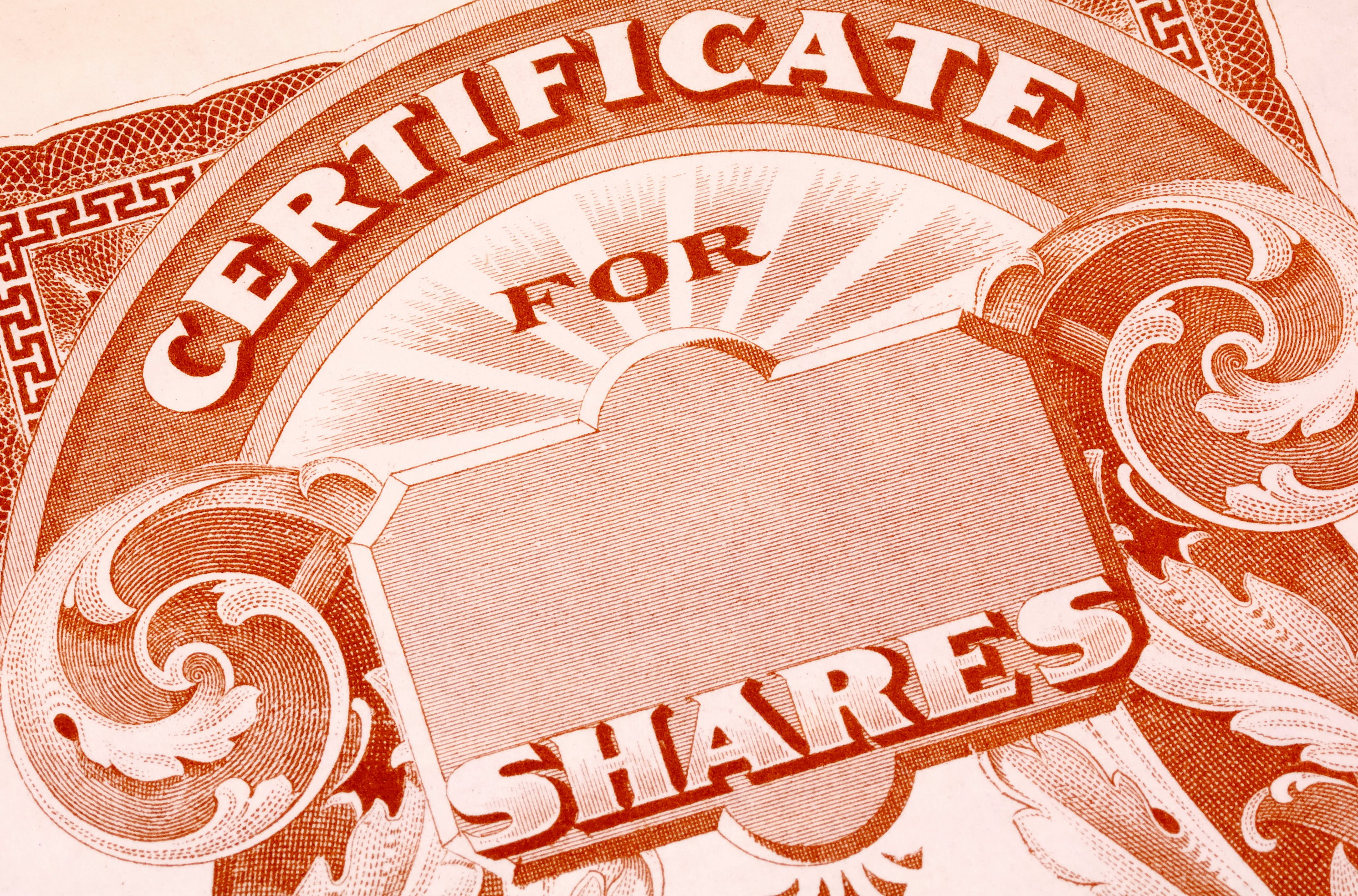Investors are clicking "like" as many times as they can on Facebook's (FB +2.29%) latest earnings. The social juggernaut continues to amass users and ad revenue at a respectable clip, and shares have held onto double-digit (between 14% and 17%) gains throughout the morning after the market leapt on Facebook's after-hours release with all the fervor of teen girls on a Justin Bieber post.
Facebook is clearly continuing to make strong progress on its financial fundamentals, which you can see here on both a quarterly and a trailing-12-month basis:

Sources: Morningstar and Facebook earnings release.

Sources: Morningstar and Facebook earnings release.
Facebook also provided updates on its user base, which has swelled to 1.23 billion monthly active users (MAUs) and 945 million mobile MAUs as of the end of the fourth quarter. Let's break that down a bit. On a quarterly basis, Facebook's results show that:
- There are 20% more MAUs than there were a year ago.
- There are 48% more mobile MAUs than there were a year ago.
- Revenue has grown 63% year over year.
- Net income is 713% higher year over year.
- Free cash flow has grown 55% year over year.
- Average revenue per user (ARPU) is 36% higher year over year.
- ARPU for mobile users is 175% higher year over year.
Compared to 2012's full-year results, Facebook's fundamentals show:
- Revenue has grown 55%.
- Net income (greatly reduced in 2012 by IPO costs) is up 2,725%.
- Free cash flow (also affected by IPO costs) has grown 659%.
- Full-year ARPU was $5.68, up 36% from 2012 (not exact due to user growth).
One big challenge that early detractors feared would hold back Facebook's long-term growth appears to have been met by this latest quarter. Over the course of this year, Facebook's ARPU has soared further as it has in years, even as user growth continues at an impressive rate for a service of such monstrous size:

Source: Facebook earnings reports (data compiled by Fool analyst Evan Niu).
A big source of that growth, particularly in ARPU terms, appears to be the company's mobile user base, which now contributes more than half the company's total ad revenue:

Source: Facebook earnings reports (data compiled by Fool analyst Evan Niu).
This is a rather shocking growth rate for Facebook's mobile revenue, particularly when considering the fact that total ad impressions are actually down by 8% compared to the same period last year.
Facebook has been effectively able to name its own ad prices in an online environment that has seen a steady erosion of advertising costs -- the company's average effective price per ad was up 92%, and much of that has to be credited with better mobile monetization, as fully two-thirds of Facebook's new ad revenue over the previous quarter came from mobile advertising. The first time Facebook broke out mobile ad revenue was in the second quarter of 2012, when mobile made up 3% of all ad revenue. It now makes up 53%, and that ratio is all but certain to keep rising.
Now for the bad news.
Facebook has never been cheap, and it's still not cheap after today's report. A $150 billion market cap makes Facebook one of the 25 most valuable public companies in America, but its financials lag far behind its $150 billion-plus peers. Facebook generated $7.8 billion in revenue and earned $1.5 billion in profit in 2013. Compare that to Google (GOOG +1.97%), which Facebook has often expressed a desire to best in search -- CEO Mark Zuckerberg continues to tout Graph Search as the future of search, despite the fact that most people probably wouldn't trust their friends more than Google to answer even simple questions.
Google reports tomorrow, and analysts expect it to generate $59.7 billion in revenue and about $14.8 billion in profit. If Google were Facebook's size (in market cap terms), those numbers would be $23.6 billion and $5.8 billion, respectively -- think of them as Facebook's 30 P/E numbers. Could Facebook get there? It's possible, but advertising to people who just want to look at pictures of their friends' cats is always going to be trickier than advertising to people who are actually looking for information.
Facebook is growing quickly, there's no doubt about it. However, it's important to remember that it has an upper limit in terms of how many users it can draw onto its service. Even with 2 billion users, Facebook's annual ARPU would have to be $11.80, which is twice as high as 2013's annual ARPU, to get to revenue roughly equivalent to a Facebook-sized Google. Facebook won't stay at a triple-digit P/E forever. When it comes back to earth, can it ever justify a larger market cap than the one it has today?






